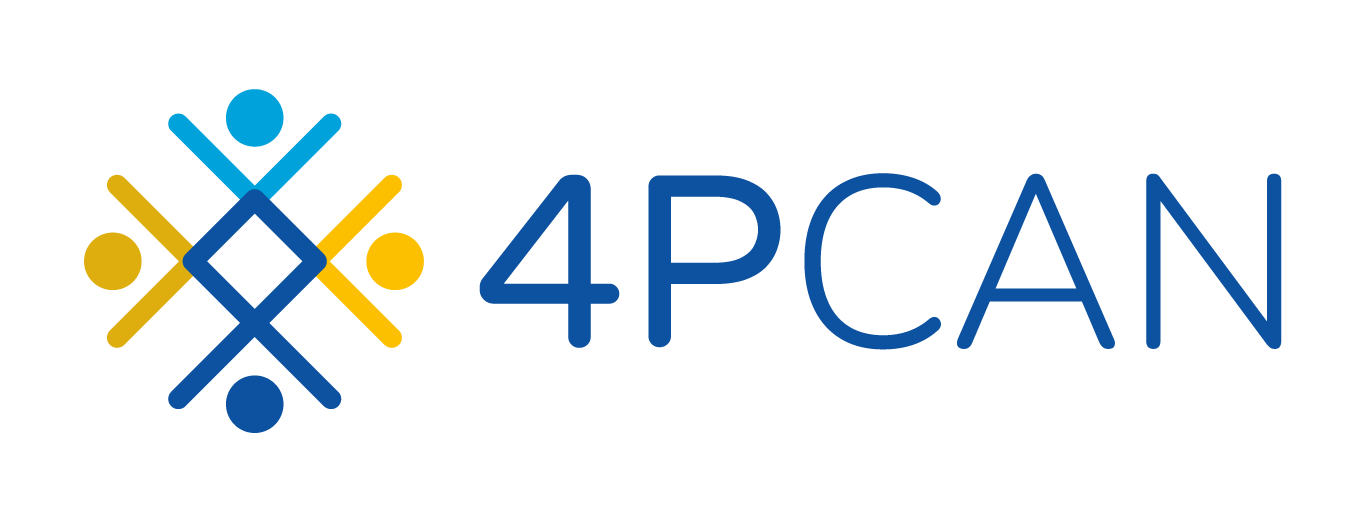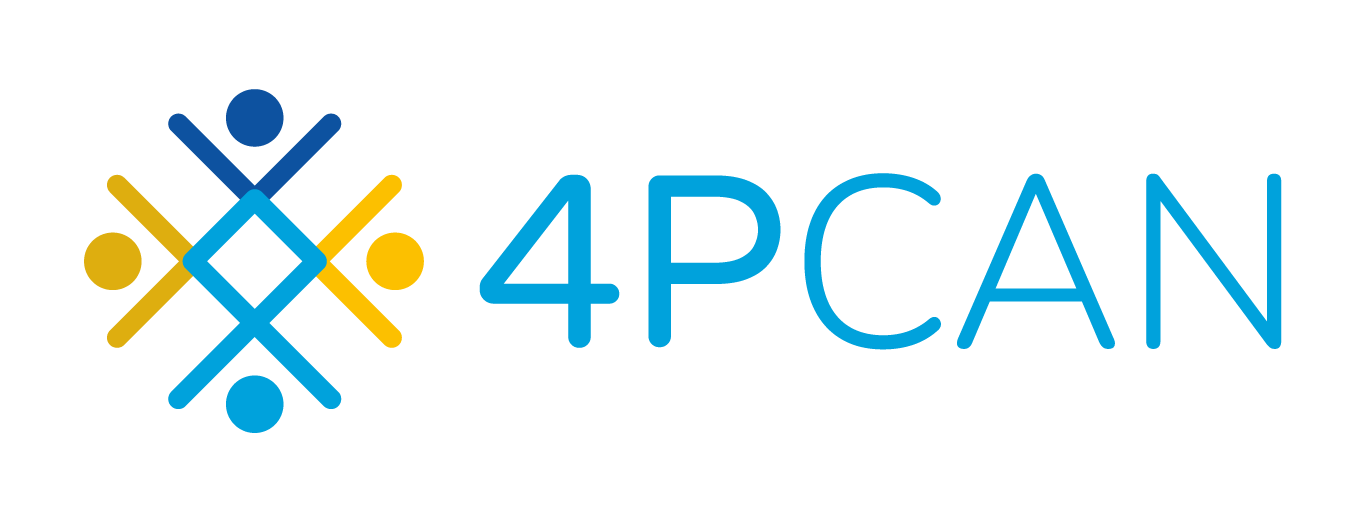D7.8 – Policy brief formulating recommendations based on the research and innovation strand of the ‘Prevention and early detection’ 1st annual cluster meeting

The goal of this deliverable is to present a set of initial policy recommendations under the collaborative efforts from the 6 projects within the “Prevention and early detection” cluster of the Mission Cancer initiative, based on the Research and Innovation strand. This policy brief is intended to amplify the overall impact on the Mission Cancer’s […]
D7.6 – Conclusions of common annual meeting of the ‘Prevention and early detection’ cluster (1)

This report presents the conclusions from the first annual meeting of the “Prevention and Early Detection Cluster” that took place on September 23rd, 2024, in Vienna jointly worked and agreed upon the common annual meeting. This report provides an overview of the Cluster and its projects, summarizing the key presentations from its first annual meeting.
D1.3 – Updated Data Management Plan
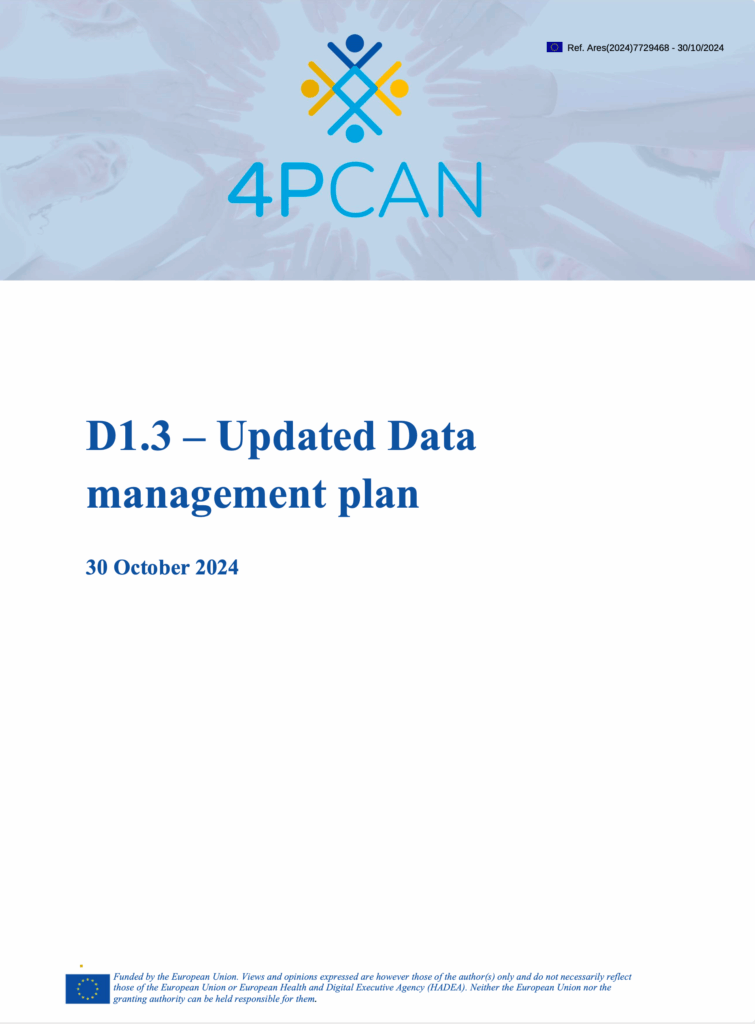
The purpose of the Data Management Plan (DMP) is to outline data management strategies within the 4P-CAN project, ensuring compliance with GDPR guidelines. It encompasses data collection, processing, resource allocation, security, ethics, and updates throughout the project’s lifecycle. This living document adapts to changing data needs, consortium policies, and external factors.
D2.7 – Radon impact in lung cancer
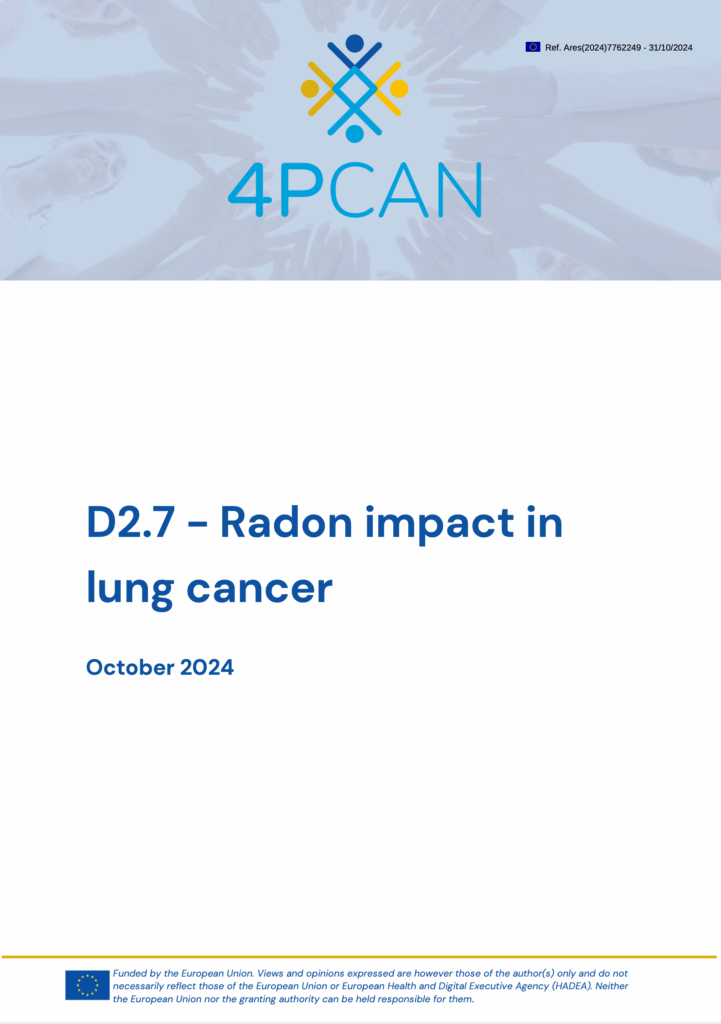
This report examines the risks associated with radon exposure as addressed in the European Code Against Cancer. The task involves a scoping review of radon levels in Central and Eastern Europe (CEE), including existing limits and mitigation measures, and builds on a project from Plovdiv University, Bulgaria. The study aims to implement continuous radon monitoring […]
D2.5 – Excess body weight and PA policies

The adoption and implementation of physical activity (PA) recommendations vary across countries, largely influenced by their institutional structures. In non-EU, former socialist countries, PA guidelines are often integrated into national health strategies, particularly within Non-Communicable Disease prevention programs. However, these adoptions tend to remain formal, lacking effective implementation due to gaps in knowledge, capacity, and […]
Cancer Risk Factors Index
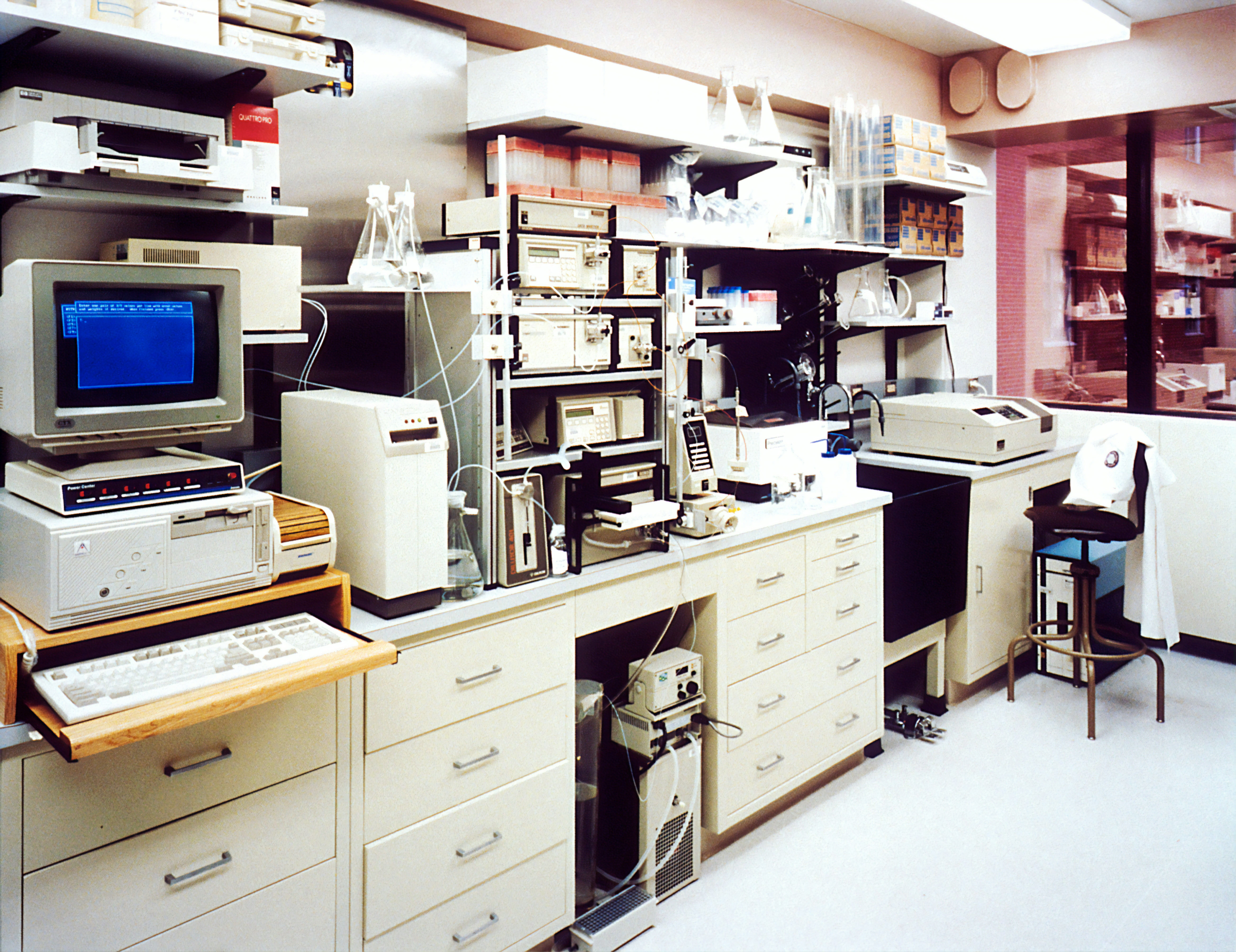
Cancer Risk Factors Index” (CRFI) is a groundbreaking tool developed by the research team at Bucharest of Economic Studies. This index helps us understand the significance of different cancer risk factors at a national level and guides targeted interventions for cancer prevention in EU countries. By considering factors such as obesity, alcohol and tobacco use, physical activity, pollution, socio-economic conditions, and diet, the CRFI provides valuable insights. Using the Min-Max normalization method, the index ensures fair comparison and easy interpretation of scores. Discover how countries are ranked based on their overall impact of cancer risk factors. Read more to find out!
National Cancer Conference BJCN-MORE 2024: Pioneering Sustainable Solutions in Cancer Care

Join us at the National Cancer Conference BJCN-MORE 2024, where healthcare pioneers from around the world will unite to revolutionize cancer care. Discover how artificial intelligence and deep-Health Tech can streamline diagnosis, treatment, and follow-up care, making oncology more efficient than ever before. Learn about sustainable system solutions that integrate AI into clinical oncology, focusing on affordability, accessibility, and personalized care. Explore the initiative ECHoS, which aims to establish national cancer mission hubs, driving collaboration and innovation. Be a part of shaping the future of healthcare and creating a world where cancer care is equitable for all. Don’t miss this opportunity to make a difference!
Cancer Mission Bus Reaches Leresti: A Milestone For The Romanian Living Lab Of The 4p-can Project
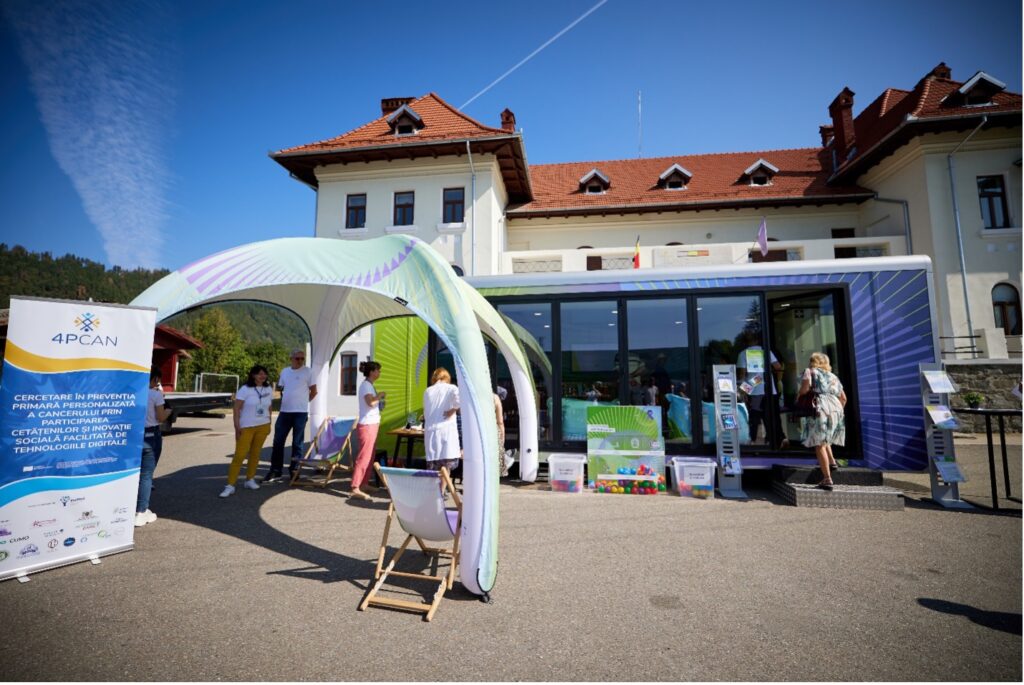
The Cancer Mission Bus, an initiative under the European Commission’s Cancer Mission, has reached Leresti, Argeș, marking a significant step in the fight against cancer in Romania. This visit is particularly noteworthy as Leresti hosts the Romanian Living Lab of the 4P-CAN project; a major initiative supported by the Horizon Europe program.
Women’s Cancers in Romania
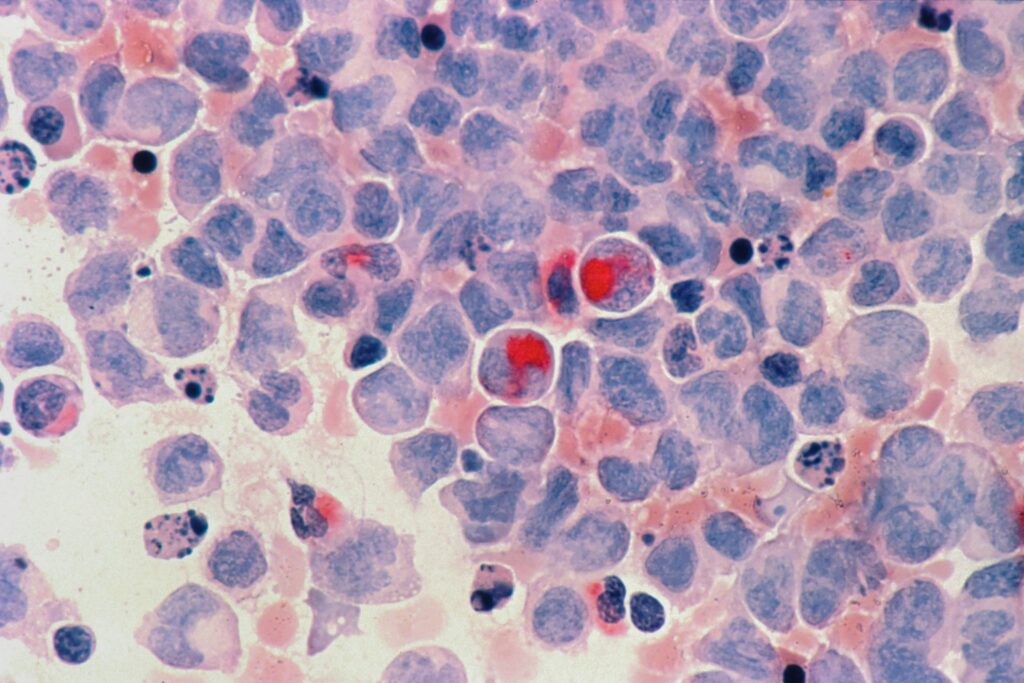
”Female Oncologic Diseases” study represents a broad mobilization to “diagnose” the existing problems of the medical system in Romania in connection with three types of cancer affecting women: breast, cervical and ovarian. The research includes both qualitative and quantitative methods, to create a picture as complete and detailed as possible and at the same time […]
Cancer Primary Prevention Stakeholders in European Western/Eastern countries

Over the past decades, a decreasing trend in total cancer mortality rates has been observed across Europe, although a meaningful gap persists between regions. Countries from Central and Eastern Europe have higher cancer mortality rates than Western European countries. This “Iron Curtain of cancer cases” highlights differences in lifestyle patterns and exposure to risk factors.
